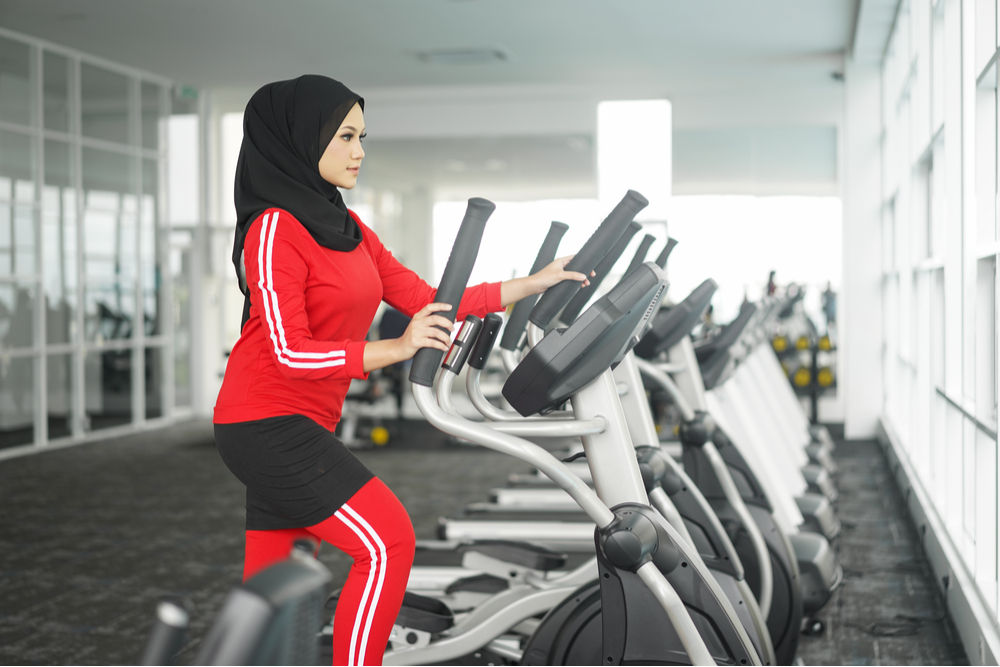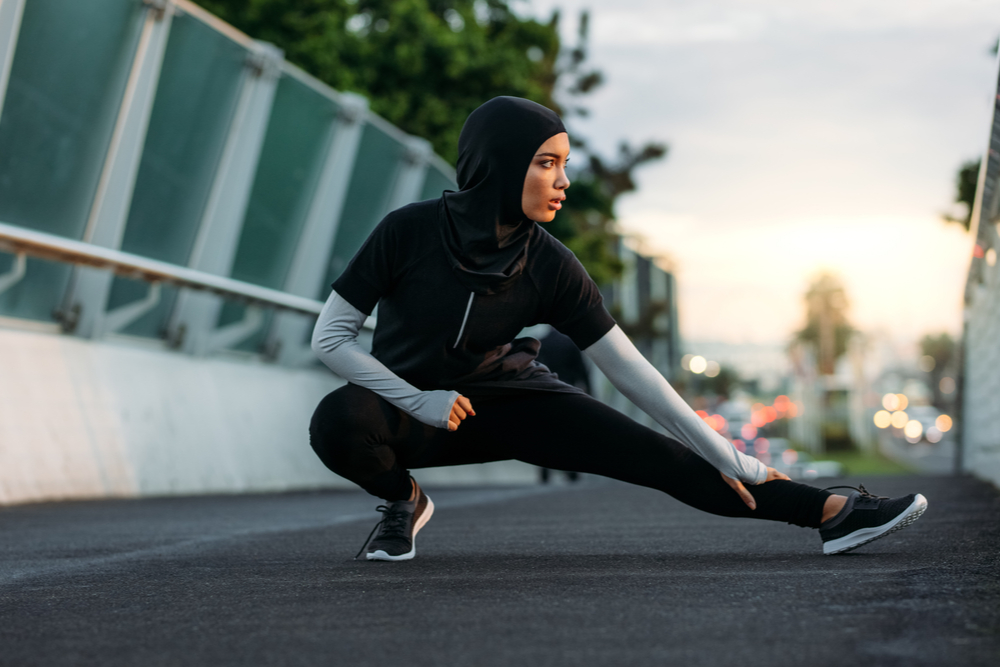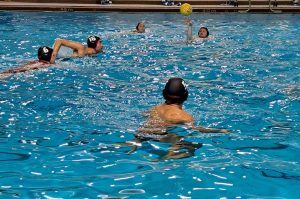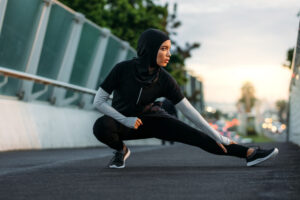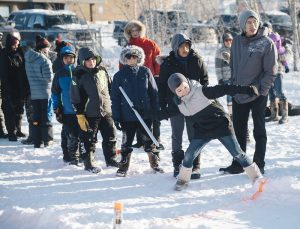What is Ramadan?
The holiest month of the year for Muslims, Ramadan is a time filled with prayer and spiritual reflection. Its timing changes every year because Muslims follow the lunar calendar.
For the whole month, many Muslims observing Ramadan fast (don’t eat or drink) every day between sunrise and sunset. They eat their first meal before sunrise and then break their fast after sunset with a light meal called an “iftar”. This is usually followed by a bigger meal later in the evening often with family and friends. Muslims mark the end of Ramadan with a three-day celebration called Eid al-Fitr.
How to stay active during Ramadan
We spoke with Amreen Kadwa, head of an organization called Hijabi Ballers and one of our Active Champions for her advice on how to maintain an active lifestyle while fasting.
From age 16 to 22, Amreen played rugby, even while fasting during Ramadan. “It wasn’t that different from playing regularly besides having to tweak some things,” Amreen told ParticipACTION. “For example, at practice, I gave about 70-75% and tried not to overexert myself. During games, however, I played at the same intensity as usual because I wanted to perform my best. But the games usually took place right before breaking my fast.”
When are the best times to exercise during Ramadan?
During Ramadan, it can be challenging to determine the ideal times to work out, but there are a couple options that Amreen recommends.
“If you’re not used to working out or playing sports, I wouldn’t recommend starting during Ramadan because your body is already going through changes from fasting. But if you’re already doing regular physical activity and want to make accommodations for Ramadan, try squeezing in a short workout right before breaking your fast. Alternatively, lots of people break their fast with something small like a glass of water or fruit – just enough to hydrate themselves and restore some energy – and then do a workout and have a bigger meal afterwards.”
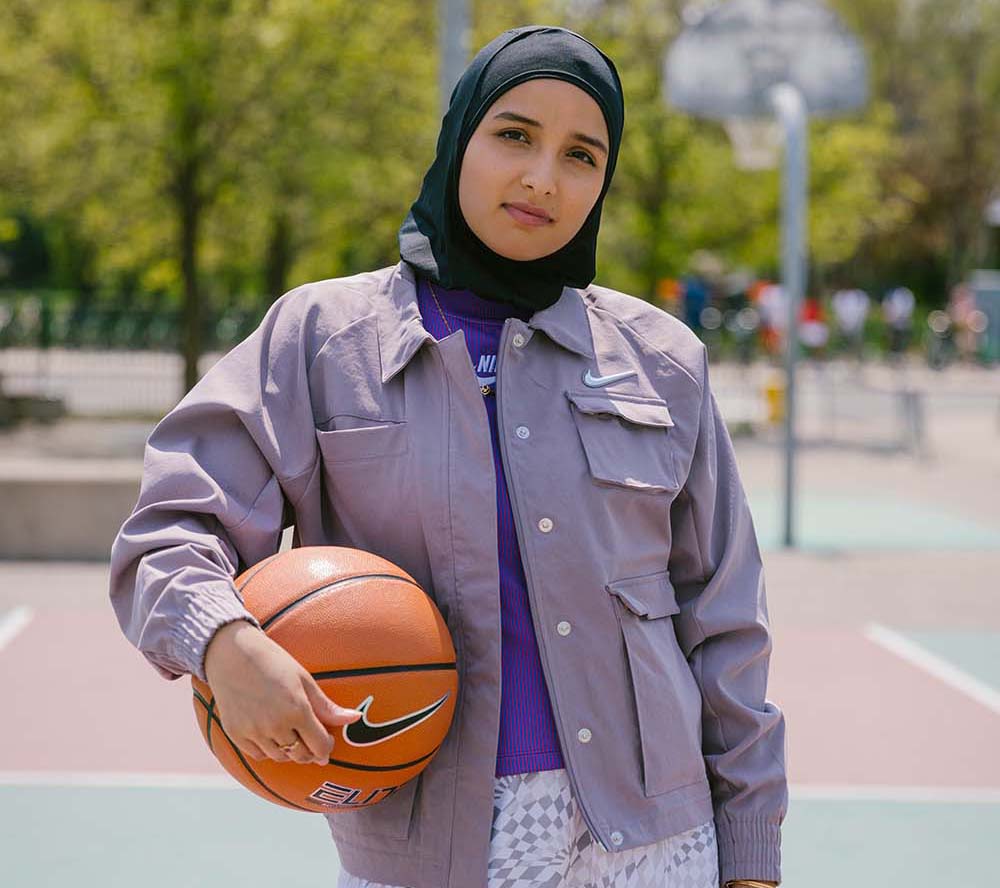
What types of exercise are best to do during Ramadan?
When fasting, it’s best to do light exercise like brisk walking, gentle jogs and other light aerobic exercises. “After I stopped playing rugby because of my injury, I tried not to do too much physical activity when I was fasting — the most I would do is a bike ride or jog right before breaking my fast,” said Amreen.
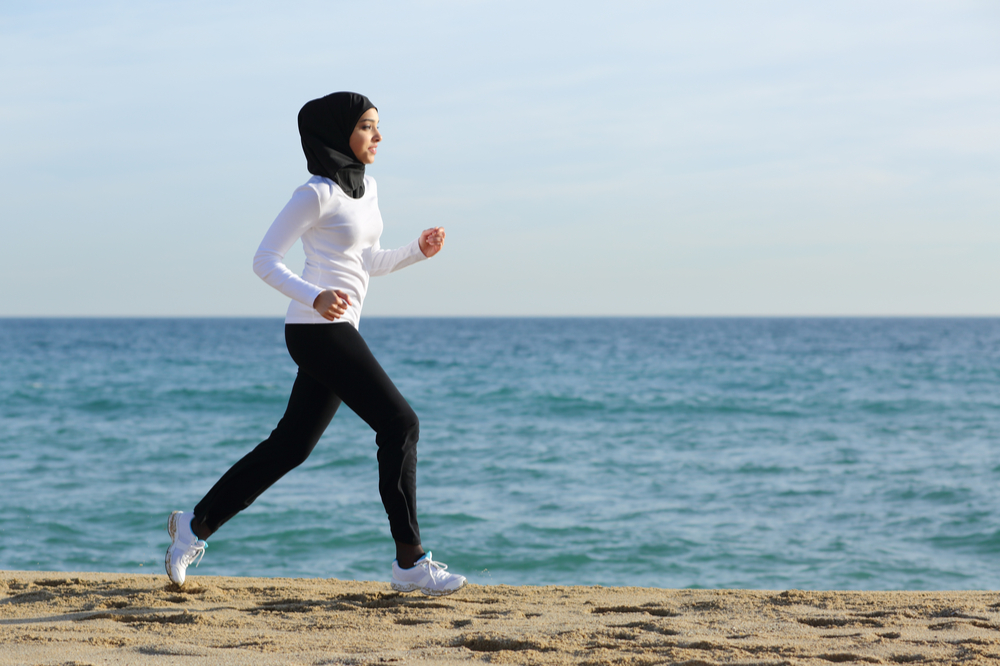
Tips for playing sports while fasting
“You don’t have to take a break from playing sports for the whole month”, said Amreen. “You have to make some accommodations, but it’s totally do-able.”
First, Amreen stresses the importance of letting your coaches and teammates know you’re fasting. “It’s important that athletes advocate for themselves and make it clear that meeting this religious requirement and playing sports are both important to them. If your coach understands this, then hopefully they’ll figure out a way to accommodate you.” Amreen also suggests spraying water on your face to cool you down, taking more rests and not overexerting yourself.
How can coaches accommodate athletes observing Ramadan?
Through Hijabi Ballers, Amreen co-developed a toolkit for coaches, sport clubs and athletes on how to be inclusive of Muslims in athletic spaces. The toolkit offers some great tips:
- Plan more breaks throughout the practice or game.
- Ensure fasting athletes are keeping cool by regularly pouring water on their faces and bodies.
- Where possible, schedule trainings and practices after sunset or before sunrise.
- Remember that girls and women are exempt from fasting on days when they’re menstruating, so don’t be surprised if they aren’t fasting.
- Keep in mind that every Muslim has their own level of adherence to religious requirements and the athletes themselves are the best people to tell you what they personally need.
- Don’t discourage fasting athletes from playing sports – understand that they’re meeting a serious religious requirement.
- Don’t say things like “Not even water?” or “I could never do that!”, as these are micro-aggressive comments.
- Don’t feel bad if other athletes are drinking or eating in front of a fasting athlete – most fasting Muslims are fine with it.
- Accommodate fasting athletes by organizing food- and alcohol-free social activities where possible.
